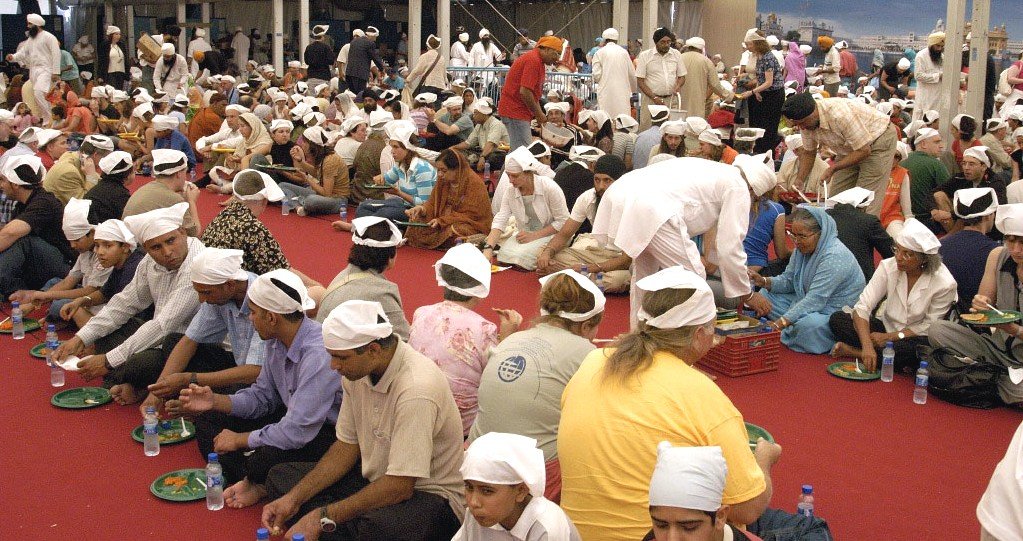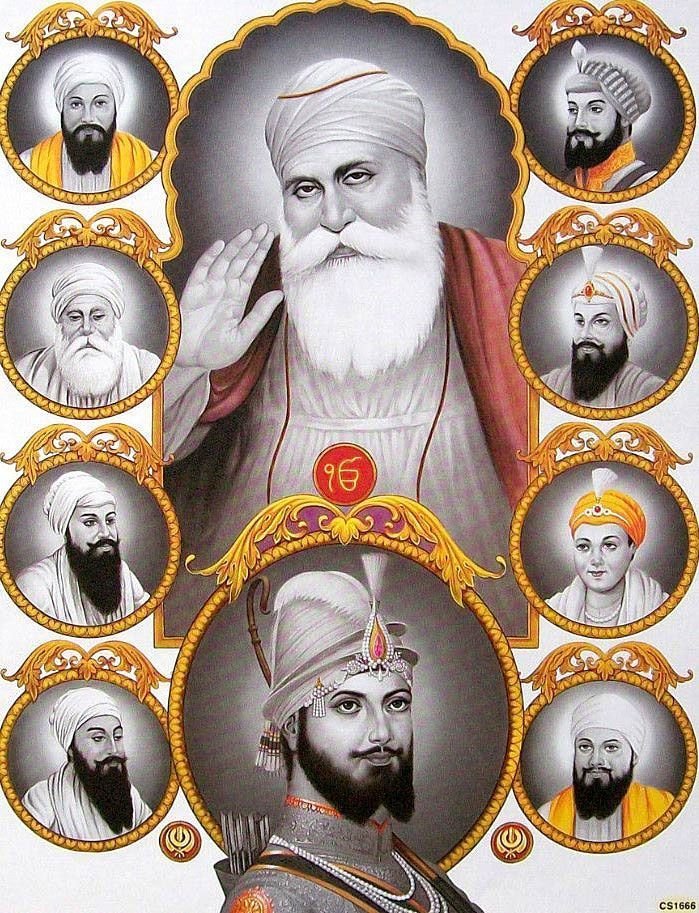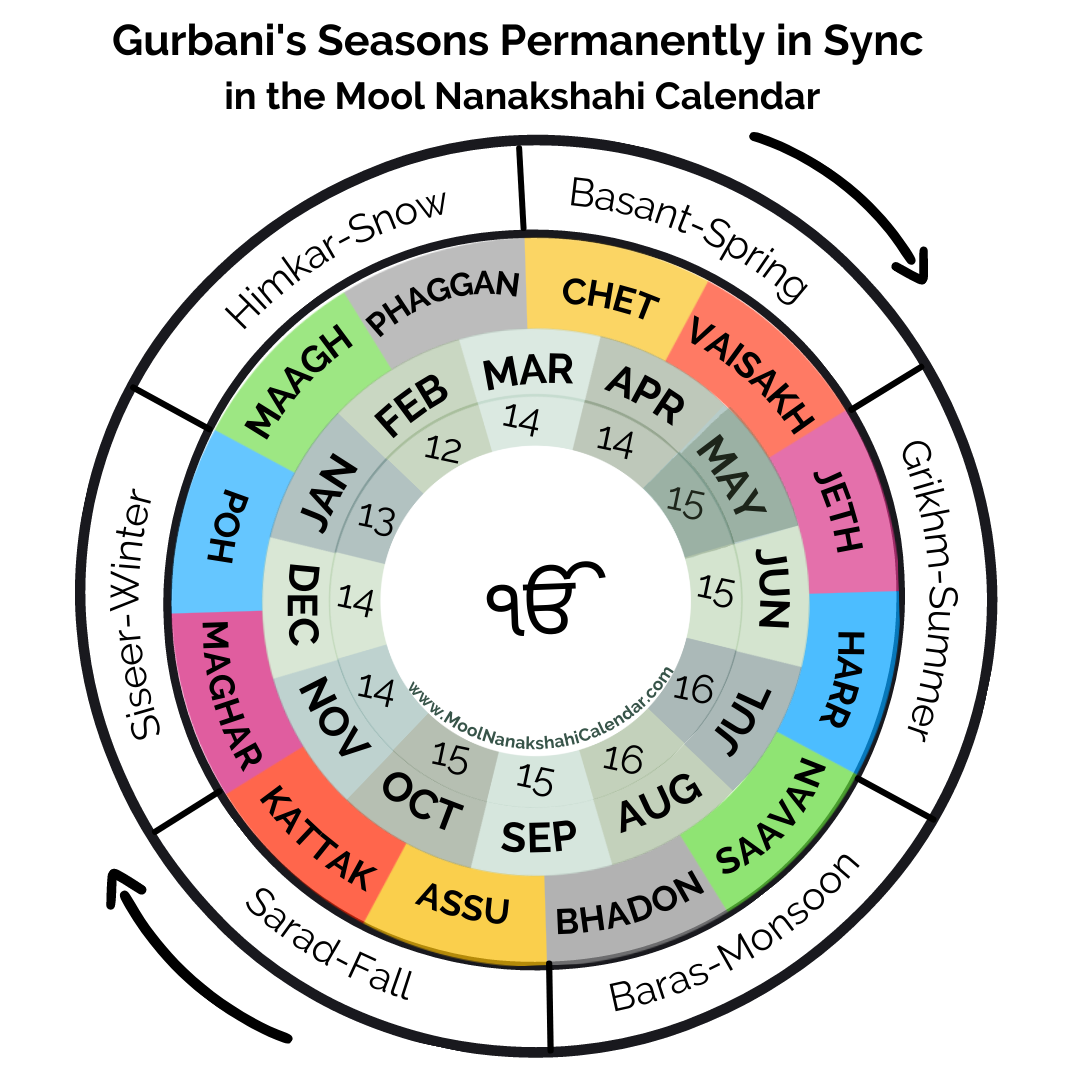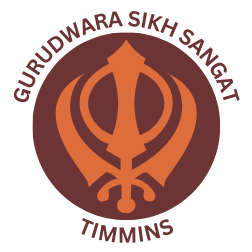
Tradition, Spirituality, and Community
Exploring the Rich Tapestry of Sikh Culture

Ik Onkār (One God)
"Ik Onkar" reverberates as the foundational expression of monotheism within Sikhism, transcending linguistic confines to embody profound philosophical and spiritual truths. Rooted in the teachings of Guru Nanak Dev Ji, the phrase encapsulates the singular, formless, and eternal nature of the divine. It stands as a potent reminder of the fundamental truth of existence and serves as the cornerstone of Sikh religious philosophy, inviting seekers to contemplate the ultimate reality of God and their relationship with the divine within the Sikh tradition.

The Five Ks: Symbols of Sikh Identity
The Five Ks - Kesh, Kangha, Kara, Kachera, and Kirpan - are sacred symbols of Sikh identity and spirituality, bestowed upon the Khalsa by Guru Gobind Singh. Embodying principles of grace, dignity, and service, they signify a Sikh's commitment to the Sikh way of life.

Significance of Langar (Community Kitchen) in Sikhism
Langar, a cornerstone of Sikh tradition, embodies principles of equality and compassion. Originating with Guru Nanak Dev Ji, langar offers free meals to all, regardless of background. In modern times, langar thrives globally, fostering unity and service among diverse communities, echoing the Sikh commitment to oneness and hospitality.

Symbolism and Significance of the Khanda in Sikhism
The Khanda, a potent emblem of Sikhism, symbolizes the integration of spiritual and temporal sovereignty. Featuring a double-edged khanda, crossed kirpans, and a circular chakkar, it embodies the Sikh doctrine of Deg Tegh Fateh, signifying victory to charity and arms. The symbol holds deep spiritual significance and serves as a unifying force within the Sikh community.

Important principles of Sikh Reht Maryada
History judges a nation by its collective character and conduct. It is believed that human life is full of problems and pains. Discipline in life is the basic tool to address and solve these problems. The ultimate aim of human being is to overcome the problems and lead a pure and pious life to attain unity with God. According to Sikhism, the remedy of pain lies within.

Exploring the Panj Takht: Sacred Thrones of Sikhism
Explore the sanctity of Sikh tradition through the revered Panj Takht, or Five Thrones, each holding a unique spiritual significance. From Sri Akal Takht Sahib Ji's temporal authority to Takht Sri Patna Sahib Ji's birthplace of Guru Gobind Singh Sahib Ji, immerse yourself in the rich heritage of Sikhism.

Exploring Sikh Gurus: Guardians of Faith and Tradition
Discover the spiritual legacy of Sikhism through the lives of its revered Gurus. From Guru Nanak Dev Ji's message of unity to Guru Gobind Singh Sahib Ji's formation of the Khalsa Panth, each Guru Sahib Ji played a unique role in shaping Sikh identity and values.

Panj Pyare: The Five Beloved Ones
Explore the legacy of the Panj Pyare, the fearless warriors who answered Guru Gobind Singh's call with unwavering dedication. Learn about their sacrifices, their unwavering commitment to righteousness, and their pivotal role in shaping Sikh history.

Mool Nanakshahi Calendar
Mool Nanakshahi Calendar (NS) combines the Original Nanakshahi Calendar as approved and introduced by SGPC in 1999 (commemorating 300th anniversary of Khalsa Sajna Divas); and also accurately fixes the date for Bandee Shord Divas.
